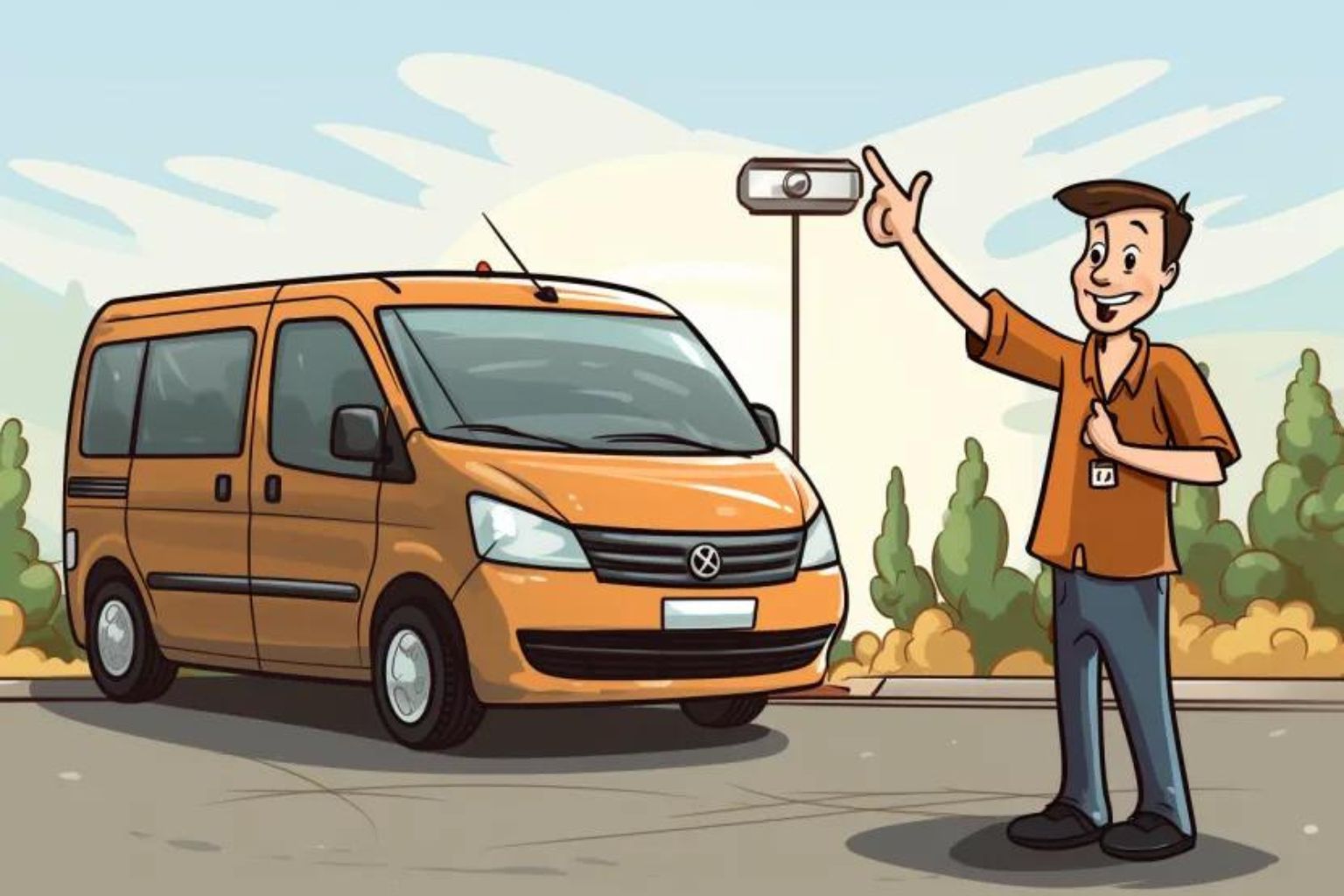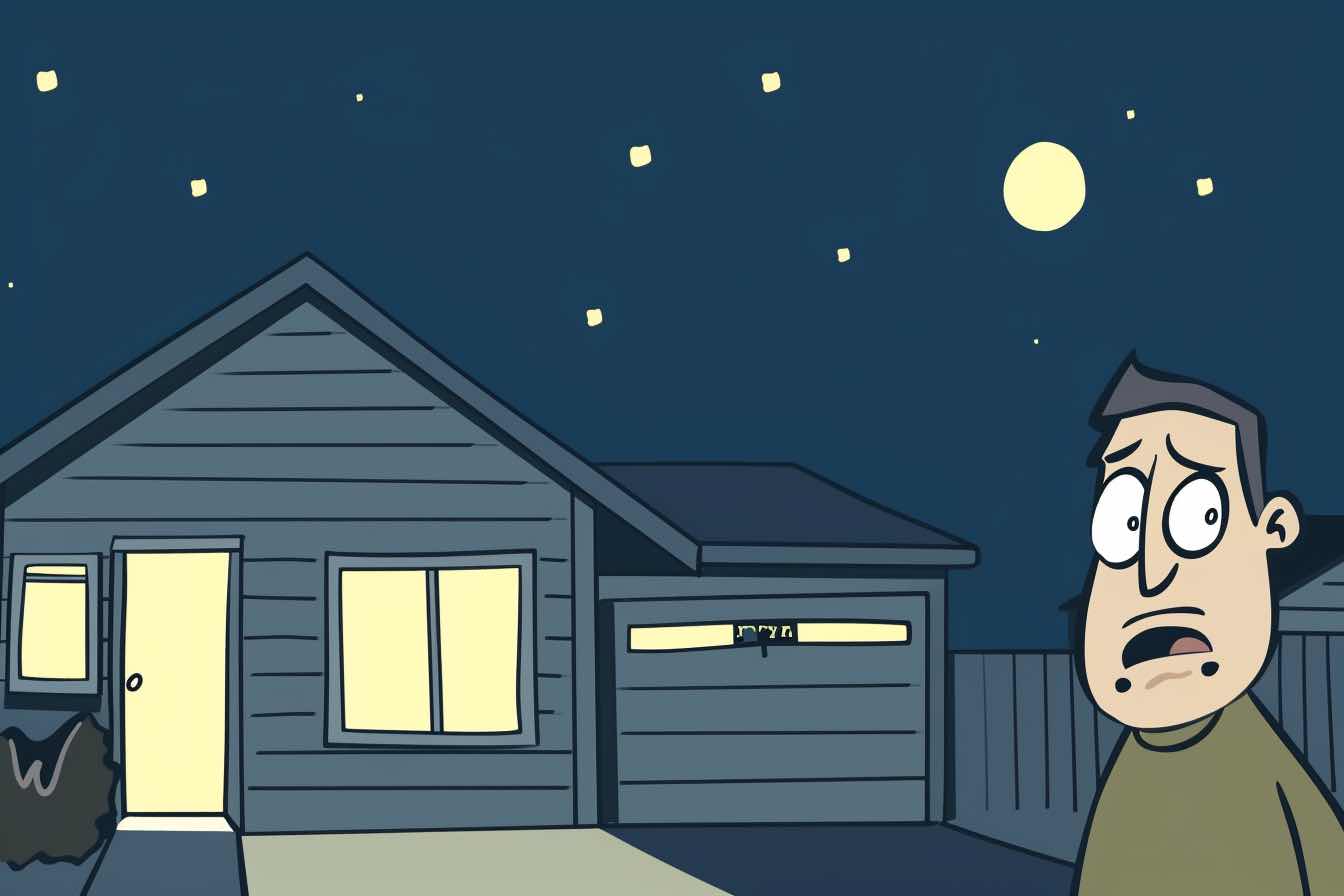When Leigh Barber returns his rental van to Enterprise, he discovers a small scratch that was overlooked when he picked up the vehicle. He signs a form acknowledging the damage, but with the assurance from a manager that the scratch can be “buffed out.” Now Enterprise wants him to pay. Does he have to?
Question
My wife and I rented a minivan from Enterprise. Before signing the contract, an Enterprise representative and I looked around the vehicle for damage. We noticed some damage on the bumper in the rear of the vehicle and noted it on the contract.
I took good care of the minivan and we never parked in an area where the cars were close. I took extra special care of the rental and even vacuumed it before returning it.
When we returned the minivan, a young Enterprise employee inspected the interior and exterior. He noticed a light scratch on the rear bumper and asked the assistant manager — the same person who inspected the car when we picked it up — to take a look as well before documenting what he saw.
The damage was so minor that the assistant manager had to kneel down to get a closer look. Even if I had noticed this minor scratch during our initial inspection, I probably would not have pointed it out.
The conundrum of a signed damage report
I asked to speak with the assistant manager’s boss and he informed me that it was simply a formality and that the light scratch could potentially be buffed out. He also mentioned that he would call me if a claim were necessary. I never got that call.
They did, in fact, complete a damage report and like an idiot, I signed it. The report simply states the damaged part of the vehicle as a long scratch and that I was not aware of its source.
A few weeks later, I received a letter in the mail from Enterprise requesting that we contact our insurance company to inform them of our claim or to contact them so that they may communicate the estimate for the damages to the minivan.
I believe the damage that was observed when I returned the vehicle was already there before I rented it. But I signed the damage report. Will it be hard to prove my side of the story with this error on my part? — Leigh Barber, Chicago
Answer
It depends on what you signed. If the form said you accepted responsibility for the scratch, then you’re responsible for it. But the manager’s assurance that it could be “buffed out” and his promise to call you if a claim were necessary, left you with the impression that the form was nothing more than a formality.
I can’t blame you for feeling misled.
While most car rental companies wouldn’t trouble their customers with a claim unless it was serious, some see damages as a profit opportunity. If you don’t believe me, just pick up a trade magazine for the car rental industry. You’ll find ads for claims companies that all but guarantee you’ll make extra money by pursuing every claim, no matter how small.
The importance of thorough pre-rental inspections
Obviously, you shouldn’t have signed the form if you didn’t damage the car. But this also underscores the importance of a careful pre-rental inspection. Note every ding, scratch and dent, no matter how insignificant. Unless you’re the first person renting the car, you should be scribbling notes on the rental agreement, pinpointing every scratch and smudge. Don’t forget the roof. (Related: How Enterprise determines if you damaged a rental.)
In the end, Enterprise would have to prove that it replaced the bumper, which might have been difficult. Before you contact your insurance agency to make a claim, the car rental company would not only need to furnish you with evidence that it made the repairs, but also that the damages happened on your watch. I’d give anything to see the repair records for a small scratch. (Here’s what you need to know before you rent your next car.)
If the car rental company had persisted, you should have copied the Illinois Department of Insurance, your insurance company and an agency like the Better Business Bureau, on your grievance. That would have sent a strong signal that you believe this claim to be frivolous and that you don’t intend to roll over a second time.
I contacted Enterprise on your behalf. It contacted you and agreed that the damage to the van was “found to be pre-existing” and dropped its claim.




